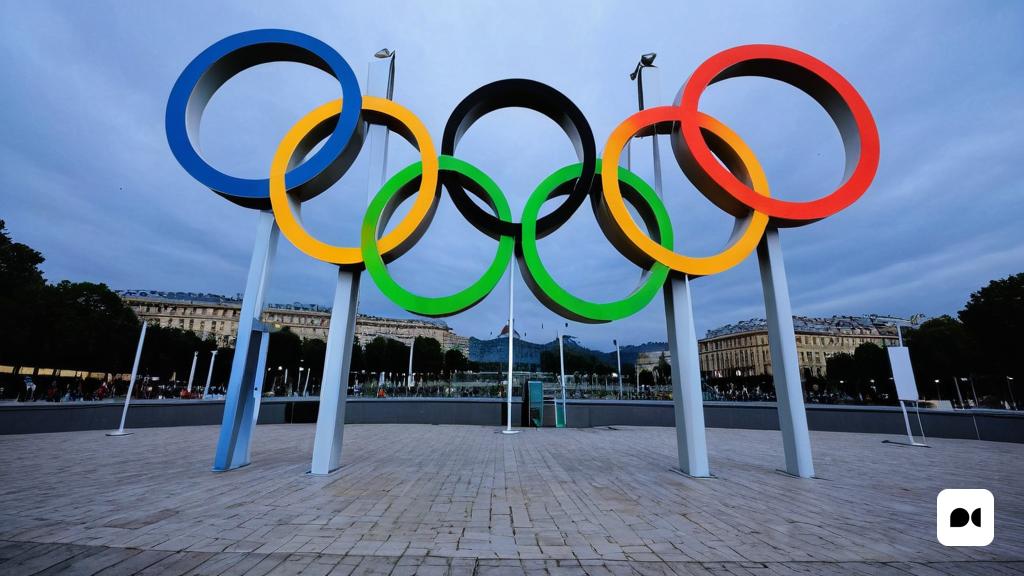A new vision of the event
The Paris 2024 Olympic Games are emerging as a paradigmatic example of sustainability and financial efficiency in major sporting events. With a total budget of 4.38 billion euros, the French capital is preparing for the Olympic bet with a significant injection of resources and innovative strategies designed to avoid the economic disenchantments that have marked past editions.
Diversified financing
In a context where post-Games debt is a constant shadow, Paris has planned a source of funding that comes mostly from the private sector. With significant contributions from the International Olympic Committee (IOC) and partner companies, as well as box office revenue and broadcast rights, 96% of the budget has been secured by external sources. This model not only stabilizes the finances but also adds a component of business responsibility to the project.
Infrastructures with a purpose
The selection of emblematic venues in Paris for the Games stands out at least for its uniqueness. The use of the Eiffel Tower for volleyball, the Palace of Versailles for equestrian competitions and the Stade de France as a football stadium are examples of a commitment to the cultural and architectural wealth of the city. On the other hand, the new facilities, such as the Aquatic Centre, have not only been designed for the event, but have been designed to provide services to the local community after the Games are over.
Economic impact: optimistic expectations
Forecasts on the economic impact of the event are encouraging. Each euro invested publicly could generate up to three euros in benefits, translating into a net impact of around 9,000 million euros, in addition to generating around 5,300 million in tax revenue. Despite an eventual cost overrun of 4.5 billion euros mentioned by the president of the Organizing Committee, this scenario is considered manageable if contrasted with the potential impact on the local economy.
A sustainable legacy over time
By adopting the IOC’s Olympic Agenda 2020, Paris faces the challenge of establishing a positive legacy that goes beyond just the event itself. The sports facilities will be transformed into useful spaces for citizens, such as offices and homes after the competitions. This dematerialized approach seeks to make the Games an opportunity to revitalize urban areas and provide lasting services to the population.
Final reflections on the Olympic future
Although the economic outcome of the Games is still to be anticipated, the way in which strategies for sustainability and economic efficiency have been designed and implemented offer a hopeful look at the future of global sporting events. The IOC has highlighted the strides made by Paris not only to make the Games a success, but to send a clear message about the importance of adaptability to the needs of host cities.

